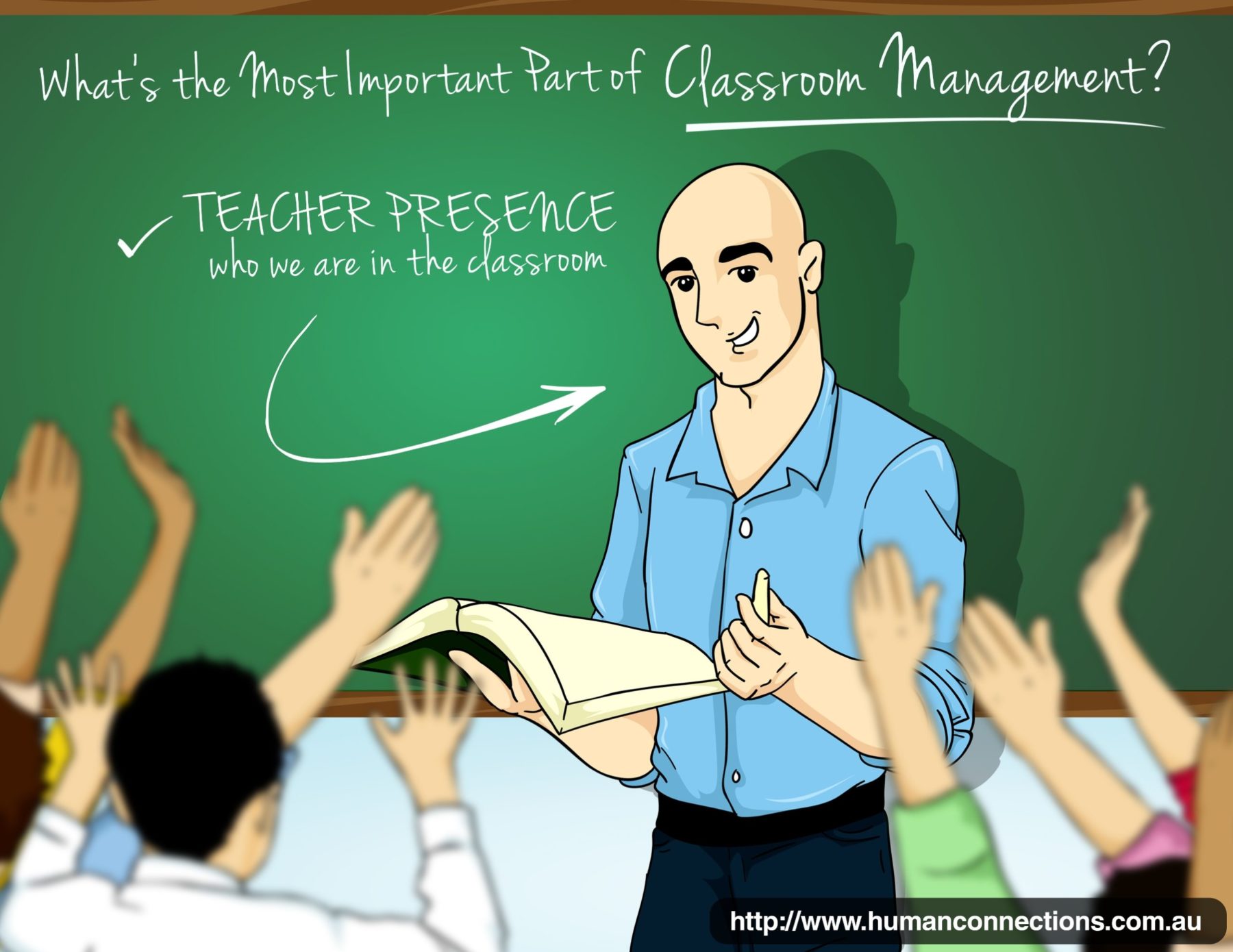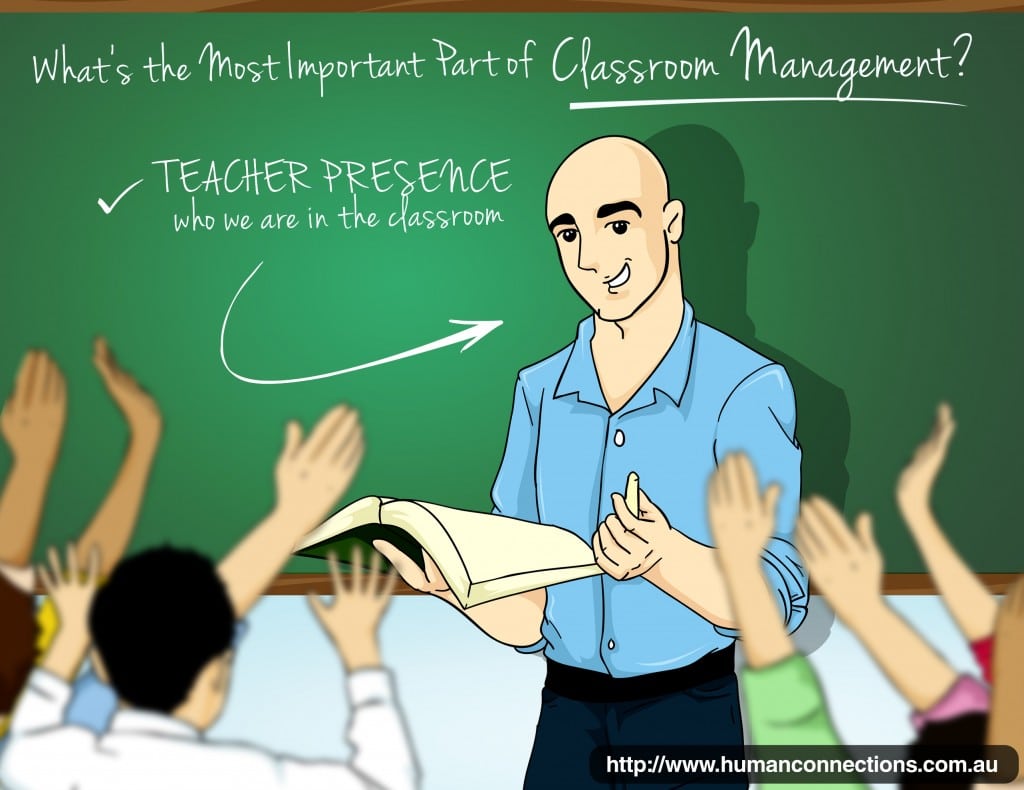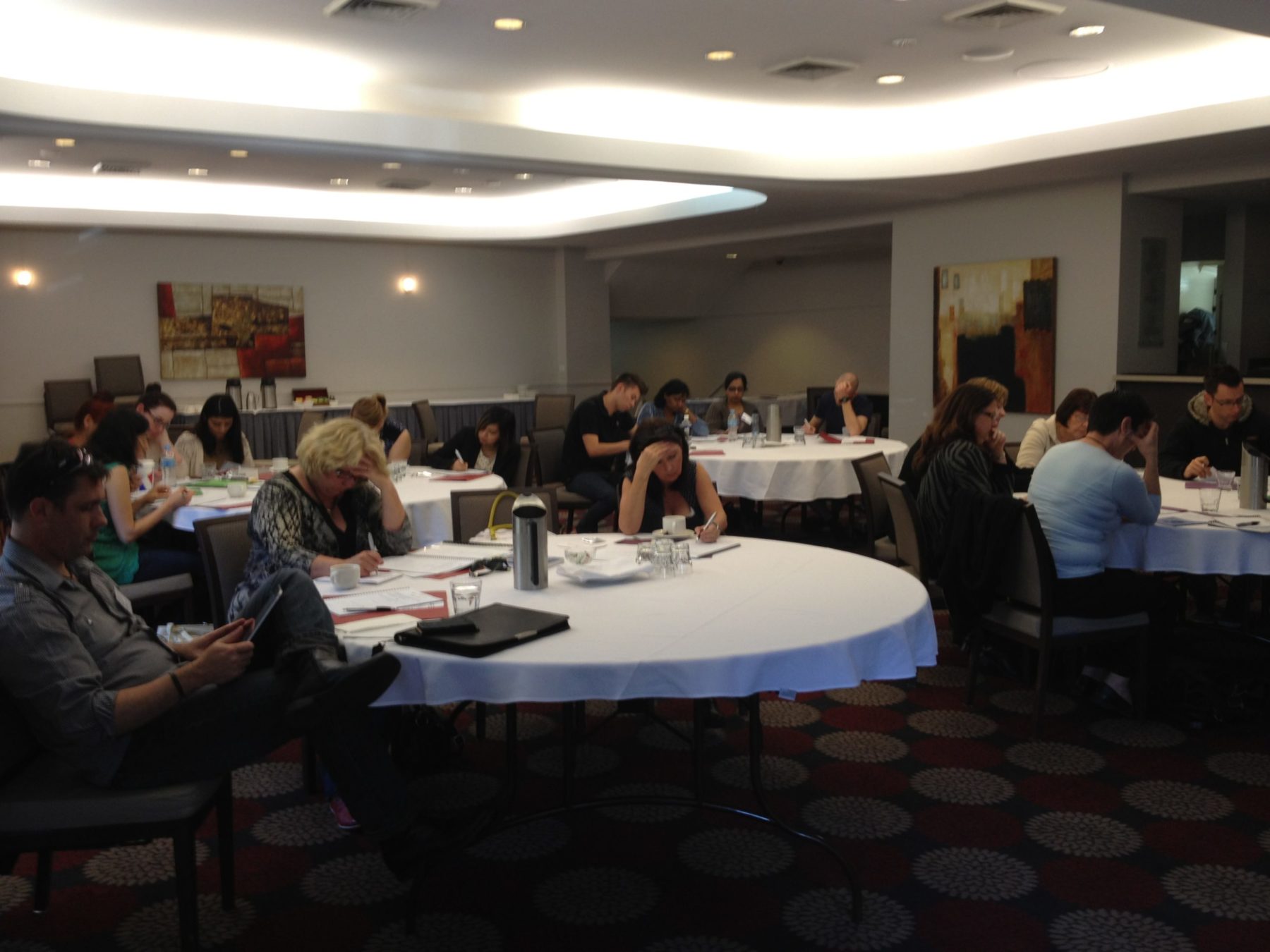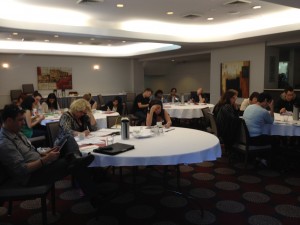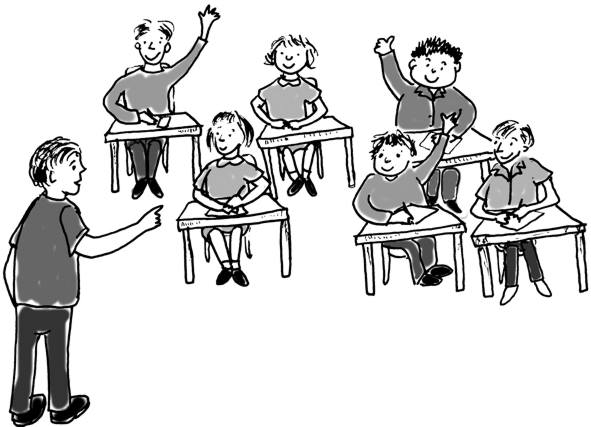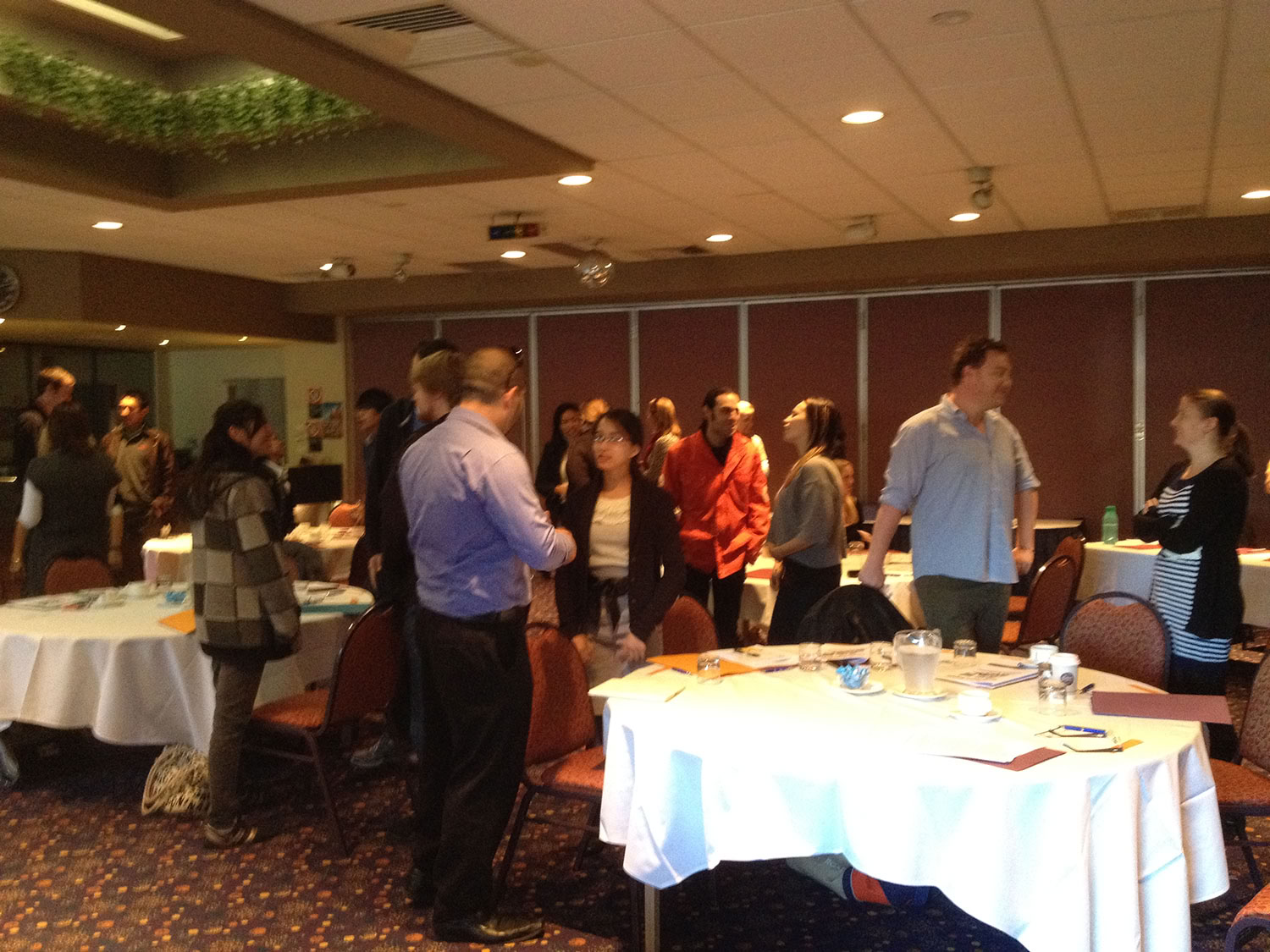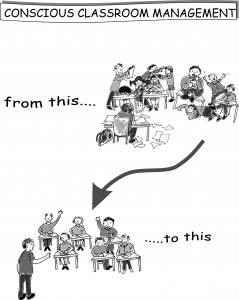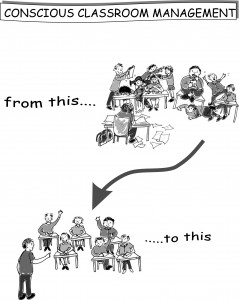An Accidental Counsellor Can Be Any School Staff Not Trained As Counsellors But Often Find Themselves in Counselling Situations By Accident.
7 Accidental Counsellor Tips
Connect and Influence Without Burning Out
- It’s all about you.
- It’s all about them.
Listen to the person, match, mirror and pace their language, thinking and nonverbal communication. You can’t hope to influence a person if they think, “you don’t get me”. Enter their world, communicate and reflect back to them what you are hearing and seeing. You want to “get the yes” – that is when you respond to what they say, the person speaking says “YES! That’s right”! They feel not only understood but also calm and safe. With this trust established they are more open to be influenced the solution focused language and questions you have for them.
3. Influence.
Avoiding pain is the number one driver of human behaviour. Followed by gaining pleasure. To influence a person you need to focus on pain. Specifically, what it’s like for them when their behaviour or circumstance occurs. This is about the person telling you rather than you telling the person. Ask, “What’s it like for you when (INSERT PROBLEM) happens?” “Is this something you are sick and tired of?” “Is it something you want to change?” Of course it goes without saying that the focus also needs to be on what THEY can do rather than what OTHER people need to do.
- Get their why.
This is critical. Finding personal reasons for change increases motivation for the change. It’s their reason why that has them “own” the change. The usual approach of telling a student the reasons they need to make a change lowers motivation for the change. You need them to convince you.
“So why do you think this important?” “Why would you want to make this better?”
This is the biggest issue I see in “accidental counsellor conversations” in schools. The staff member outlines all the reasons the student needs to change and the student is a passive bystander not owning or being involved in the change required of them.
- Paint the picture.
“Constructing a vision of a solution acts as a catalyst for bringing it about.” This “Solutions Focused” approach is an evidenced based technique that helps you influence the person to achieve what they say they want to achieve. When the person tells you they are:
- Sick and tired of the same thing (PAIN) and
- Tell you WHY they want it to change you help them by getting them to
- Paint a picture of the change.
Ask the person, “How would you like things to be?” Here you need to ensure that the picture is:
- Within their control
- Has specific and concrete behaviours (actions)
- Is in the “presence of something rather than the absence of something”. For example rather than I won’t be stressed and anxious (won’t be is the absence) I will be more relaxed and having fun (is the presence of something) etc.
- Focus on one thing
When the person paints a picture of how they would like things to be there may be several aspects to it. It’s important that you help them focus on ONE THING.
Say something like, “Wow you have told me several things about how you would like things to be for you.” Then reflect back to them what they have told you and ask them if you have understood correctly. When they say yes, ask them, “So which one of these things you have just told me about do you want to start with”?
- Follow up
When the person tells you where they want to start, congratulate them and ask them WHEN they may start. Then let them know that you will follow up with them to see how they went. This acts as a further support and provides some accountability for them.










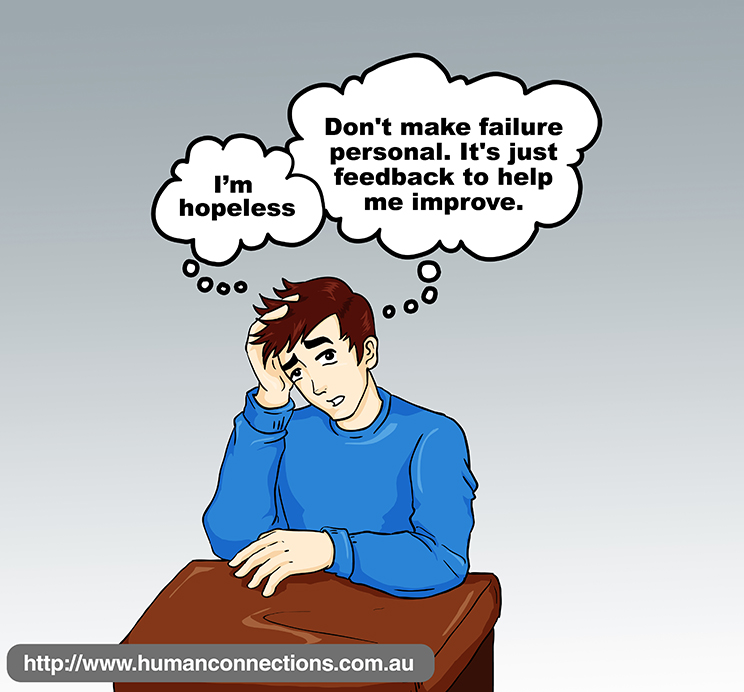
 What we need to do is we need to reframe failure. What does this mean? It means we have to put a different meaning on it. People who use failure as a motivation and as a fuel or drive to help them achieve their goals and success see failure as information, just that. In many ways, they even welcome it. They see failure, they make a mistake, and they just go…
What we need to do is we need to reframe failure. What does this mean? It means we have to put a different meaning on it. People who use failure as a motivation and as a fuel or drive to help them achieve their goals and success see failure as information, just that. In many ways, they even welcome it. They see failure, they make a mistake, and they just go…